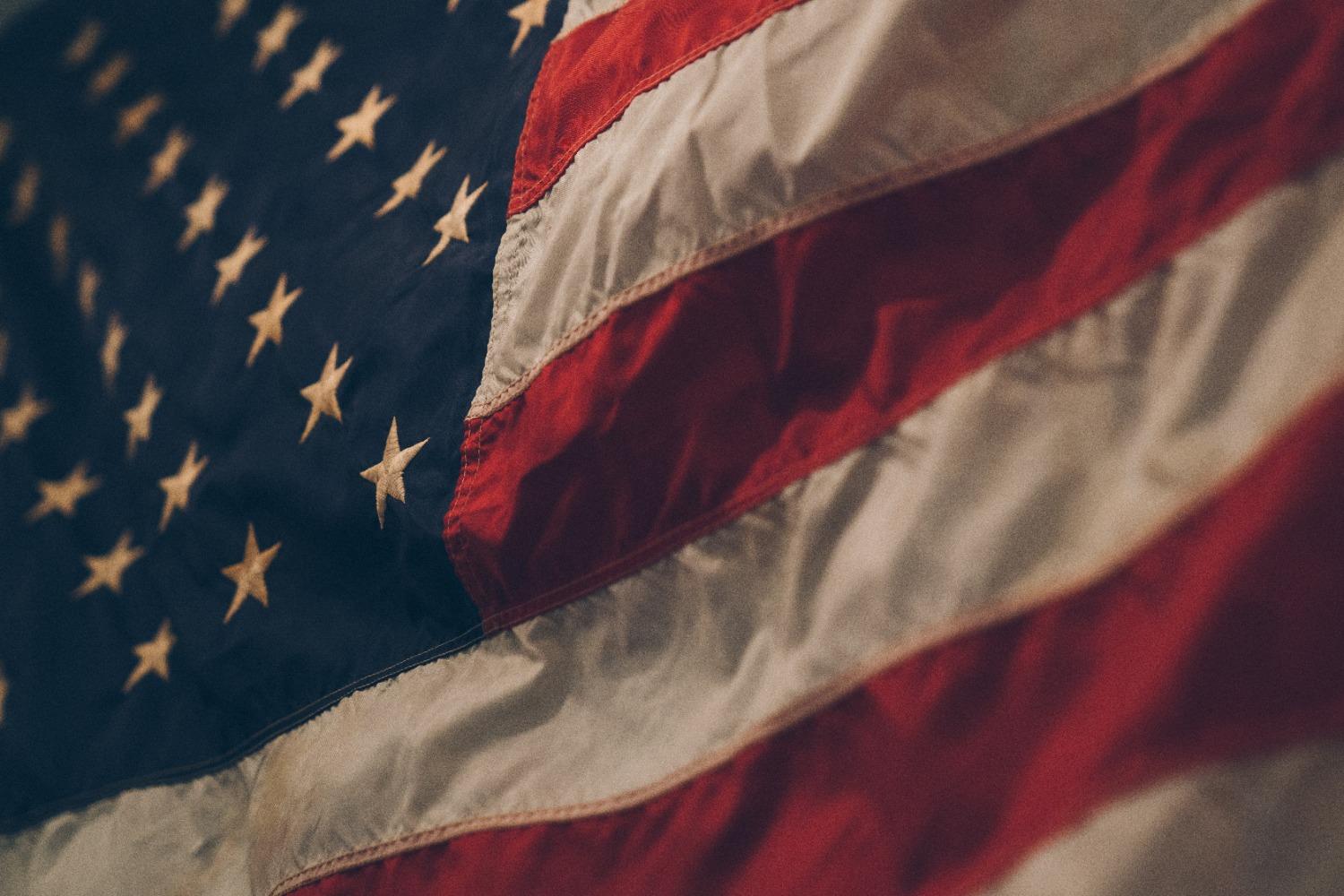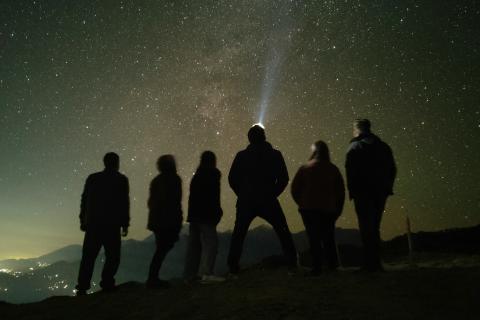
Amidst the current soul-searching occurring through the United States, some are seeking to rediscover or recreate something that has never existed in our country: a pure democracy. In fact, due to practical considerations, such a governmental system doesn’t exist in a comparable way anywhere in the world – imagine every piece of legislation requiring a vote by the citizenry.
Fundamentally, our nation is a collection of sovereign entities – the states – administered by a joint federal government. This reality accounts for some of our non-direct-democratic structures, such as the electoral college. Until the Seventeenth Amendment was ratified in 1913, even United States senators were not necessarily elected directly by the people of their states; instead, each state legislature was allowed to determine how their Senators would be chosen. While the House of Representatives was for the people, the Senate was more of an “inside club.” This arrangement arose from an acknowledgment that ours is a diverse society attempting to be as united as possible.
Despite the sovereignty of the states, our country has consistently tended toward centralization, with the power of the federal government increasing over time. Even policies such as the legal drinking age have become uniform across the country due to economic pressures born from federal policies.
The overturn of Roe v. Wade marks a rare reversal of the trend toward centralization. Today, a political activist in San Francisco and an evangelical farmer outside of Wichita often have little in common. Now they can begin to advocate for their abortion policies in Sacramento and Topeka instead of Washington.
“One person, one vote” is a myth never realized in this country. Pure democracy is always just beyond the horizon, available always tomorrow, never today.
While there has been much confusion about what the overturning of Roe v. Wade means for our country, over 70% of Americans support limits on abortion after 15 weeks.
Many voices are speaking up about the real, subjective harms caused by abortion, a reality often left out of the debate. In an op-ed published in The New York Times, Leah Libresco Sargent reflects on her own journey of oversimplification at the hands of doctors who couldn’t sympathize with her belief that her children lost during ectopic pregnancies were in fact her children (subscription wall).
Questions of personal freedom continue to be examined in our nation, particularly regarding gender identification. Bethel McGrew discusses the aftermath of sex-change operations.
As we mark our nation’s independence this week in a year characterized by questions of the human person and rights, it is a good time to reflect on Fulton Sheen’s Declaration of Dependence.
Many Christians are aware of the importance of religious liberty. Thomas Farr puts the struggle in a global context for people of all religions: “We are by our nature religious beings. The search for God is natural to each of us.”
While the lynchpin phrasing that our rights come not from the government but from our Creator may or may not be self-evident, the idea that our rights cannot be taken away by the government (or anyone else) has formed the backbone of the American political experiment.
Finally, present cultural wisdom says that marriage should occur after you have established your career. Bradford Wilcox’s research shows otherwise – the benefits seem to fall to those who marry young.


